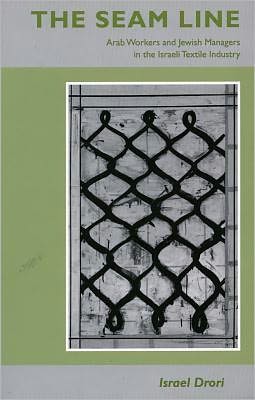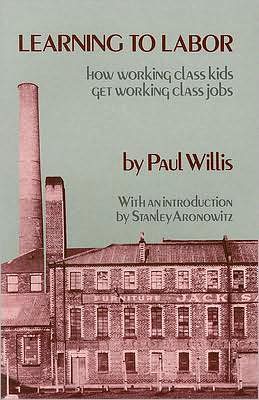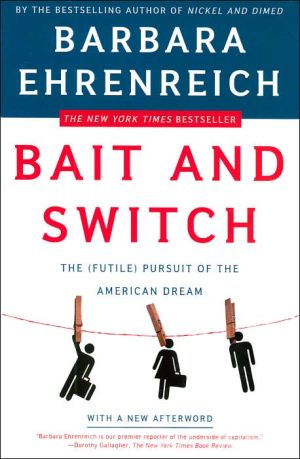Seam Line: Arab Workers and Jewish Managers in the Israeli Textile Industry
“A significant contribution to the literature in organizational ethnography.”—Work and Occupations\ “Drori’s book is a useful addition to the literature of a largely neglected, but important subject.”—Journal of Palestine Studies
Search in google:
This book explores how Arab workers (mainly women) and Jewish managers in the Israeli textile industry negotiate the terms and meanings of factory work. It examines the tension between traditional familial and social roles and the demands of industrial life, as well as the complications created by Arab-Jewish political and military conflict. Booknews Based on five years of ethnographic research, this book examines how Jewish managers and local (primarily female) Arab and Druse seamstresses negotiate the terms of factory work, integrating work culture with the norms of local communities to allow these employment arrangements to succeed. Drori (public policy, Tel Aviv U.) explores the demands of working life, including the strains on family and social roles, and the ways that managers have co-opted Arab values to paternalize control of the manufacturing plants. Annotation c. Book News, Inc., Portland, OR (booknews.com)
Figures and Tables1Introduction12Methods: Reflections on the Field203On Factory Daughters and the Culture of the Workplace344The Sewing Plants: Scenes from the Social Arena515The Seamstresses: In Motion Toward Reconstructing Work and Life976The Supervisors: Go-Betweens1337The Managers: Embodying a Double System1668Out with the Old and In with the Hi-Tex2039Conclusion219Notes233References253Index271
\ BooknewsBased on five years of ethnographic research, this book examines how Jewish managers and local (primarily female) Arab and Druse seamstresses negotiate the terms of factory work, integrating work culture with the norms of local communities to allow these employment arrangements to succeed. Drori (public policy, Tel Aviv U.) explores the demands of working life, including the strains on family and social roles, and the ways that managers have co-opted Arab values to paternalize control of the manufacturing plants. Annotation c. Book News, Inc., Portland, OR (booknews.com)\ \








